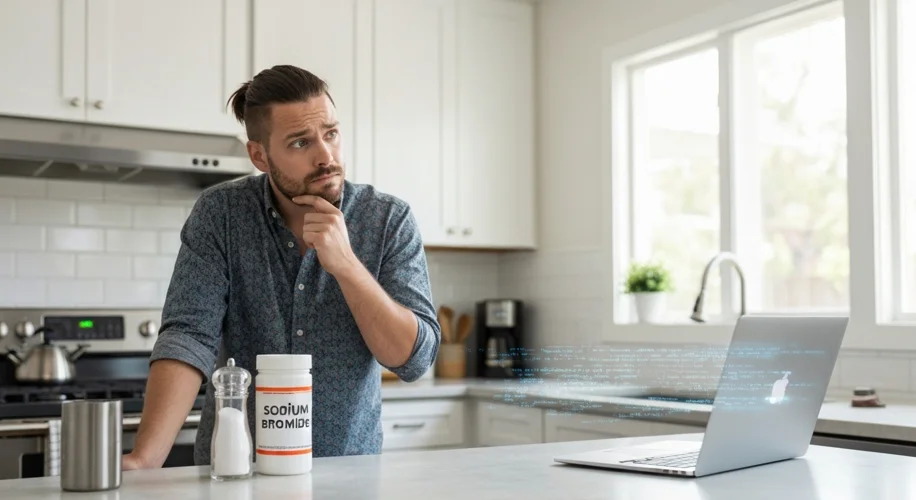Okay, so hear me out. We’ve all been playing around with AI chatbots, right? Asking them everything from recipe ideas to coding help. I’m all about exploring new tech, and honestly, AI is wild. But here’s the catch: we need to remember these tools aren’t doctors, lawyers, or even chefs. They’re just really, really good at processing text.
So, the other day, I saw a news story that kind of freaked me out. Apparently, someone ended up in the hospital because they took advice straight from an AI. They swapped out their table salt with sodium bromide, thinking it was a healthier option. Why? Because an AI told them to.
Let’s be real, that’s intense. Sodium bromide isn’t table salt. It’s used in things like photography and as a sedative, but it’s definitely not something you want to be sprinkling on your dinner. Ingesting too much can mess you up, hence the hospitalization.
This whole situation is a super stark reminder that while AI is amazing, it’s not infallible. Especially when it comes to things that directly impact our health or safety. Think about it: AI models are trained on massive datasets, and while they can identify patterns, they don’t inherently understand nuance, context, or real-world consequences in the way a human expert does.
As someone deep into AI research, I see the potential every single day. We’re building tools that can accelerate discovery, automate tasks, and even create art. But we’re still a long way from having AI that possesses true wisdom or common sense. They can give you information, but they can’t necessarily assess if that information is safe or appropriate for your specific situation.
My advice? Keep experimenting with AI. Ask it questions. See what it can do. But always, always cross-reference critical information, especially when it comes to your health, your finances, or anything that could have serious real-world impacts. Your well-being is too important to leave to chance, even with the coolest tech.
Let’s be smart about how we use these powerful new tools. They’re awesome assistants, but we’re still the ones in charge of making the final, safe decisions.

